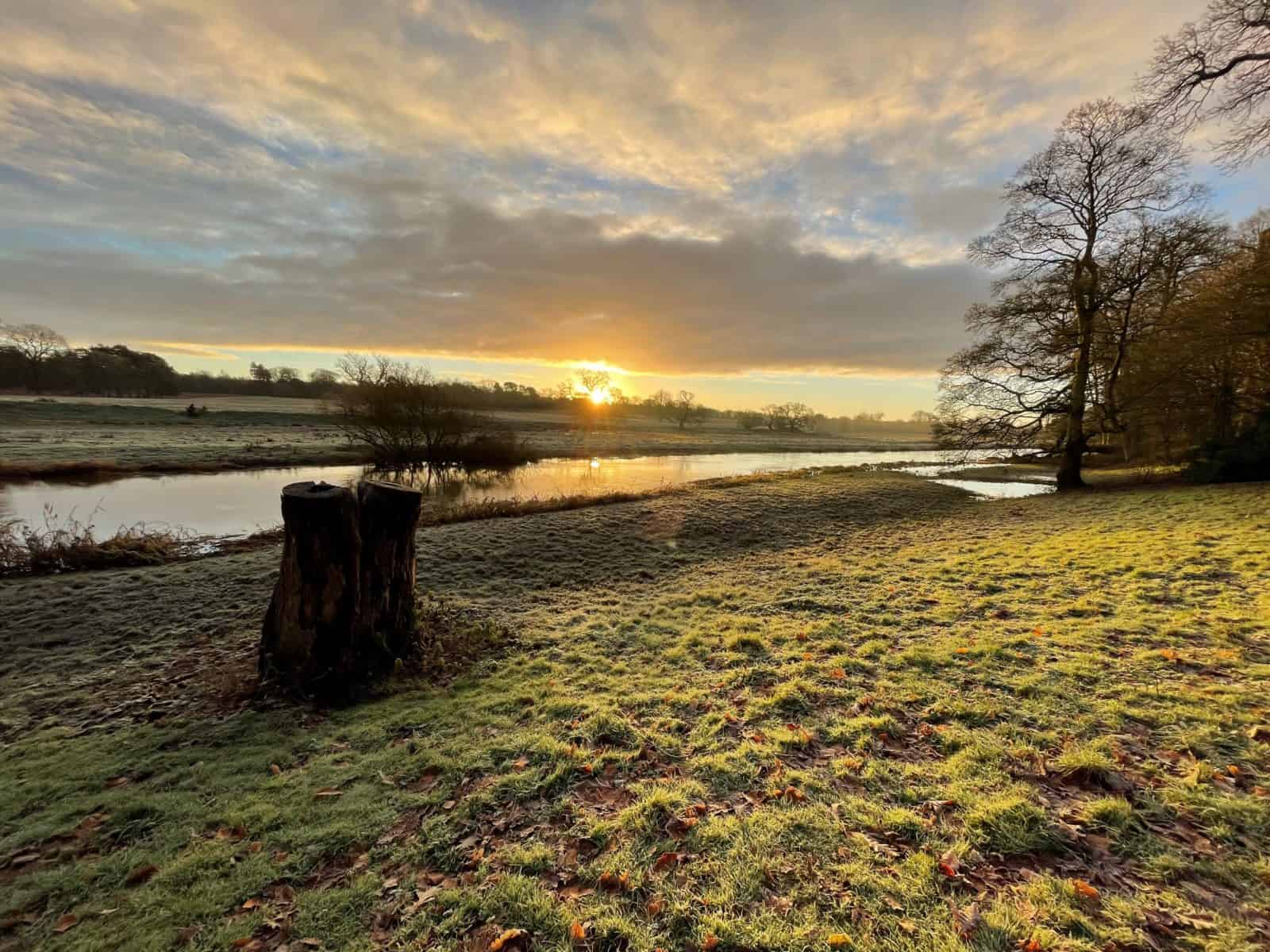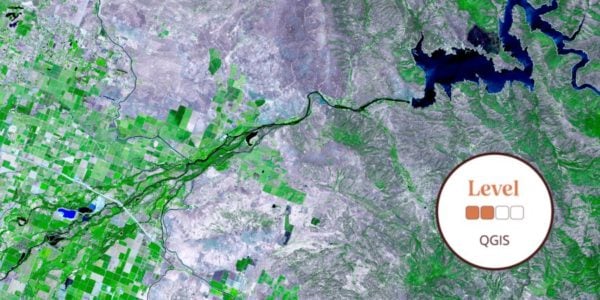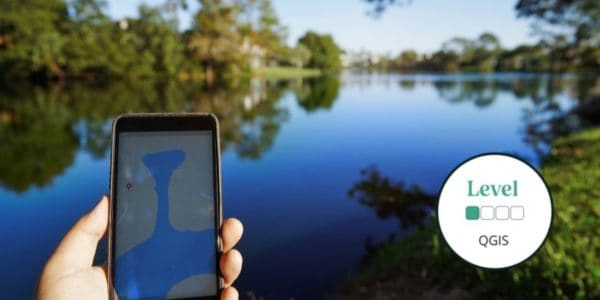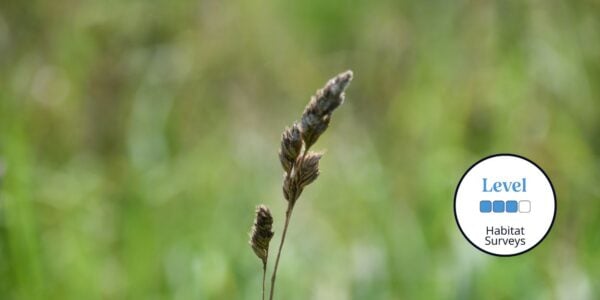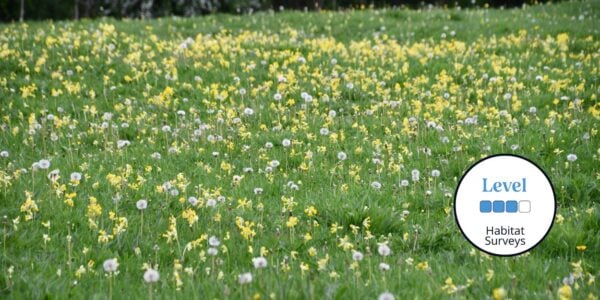This intermediate course will provide you with the skills required to confidently use the National Vegetation Classification (NVC) in winter as a framework to approach how plant communities are responding to environmental change. It is a key skill for many within and interested in an environmental career.
The ideal time to survey habitats is in the summer, but there are often times when an out-of-season survey is required. There are also times when you might find yourself in a potentially interesting place and wonder whether it’s worth a revisit at a better time of year. By building identification and survey skills in winter, you can develop an appreciation for the range of species found in certain areas.
This course includes:
- Identification of plants
- A focus on key indicator species
- Using vegetative characteristics and remains of flowering parts
- The use of a potentially restricted range of species to arrive at an assessment of habitat type (NVC, Section 41 etc) and condition
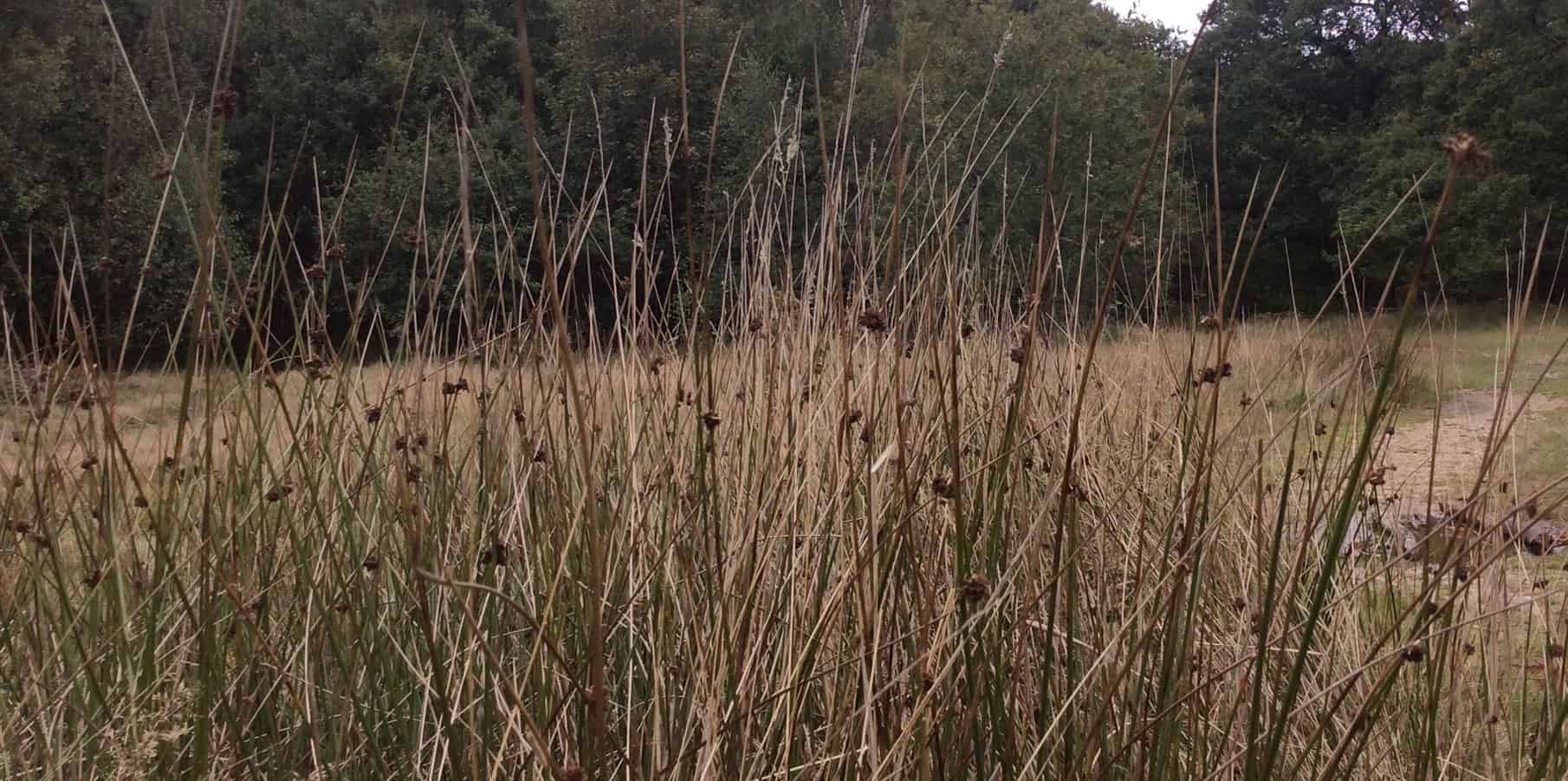
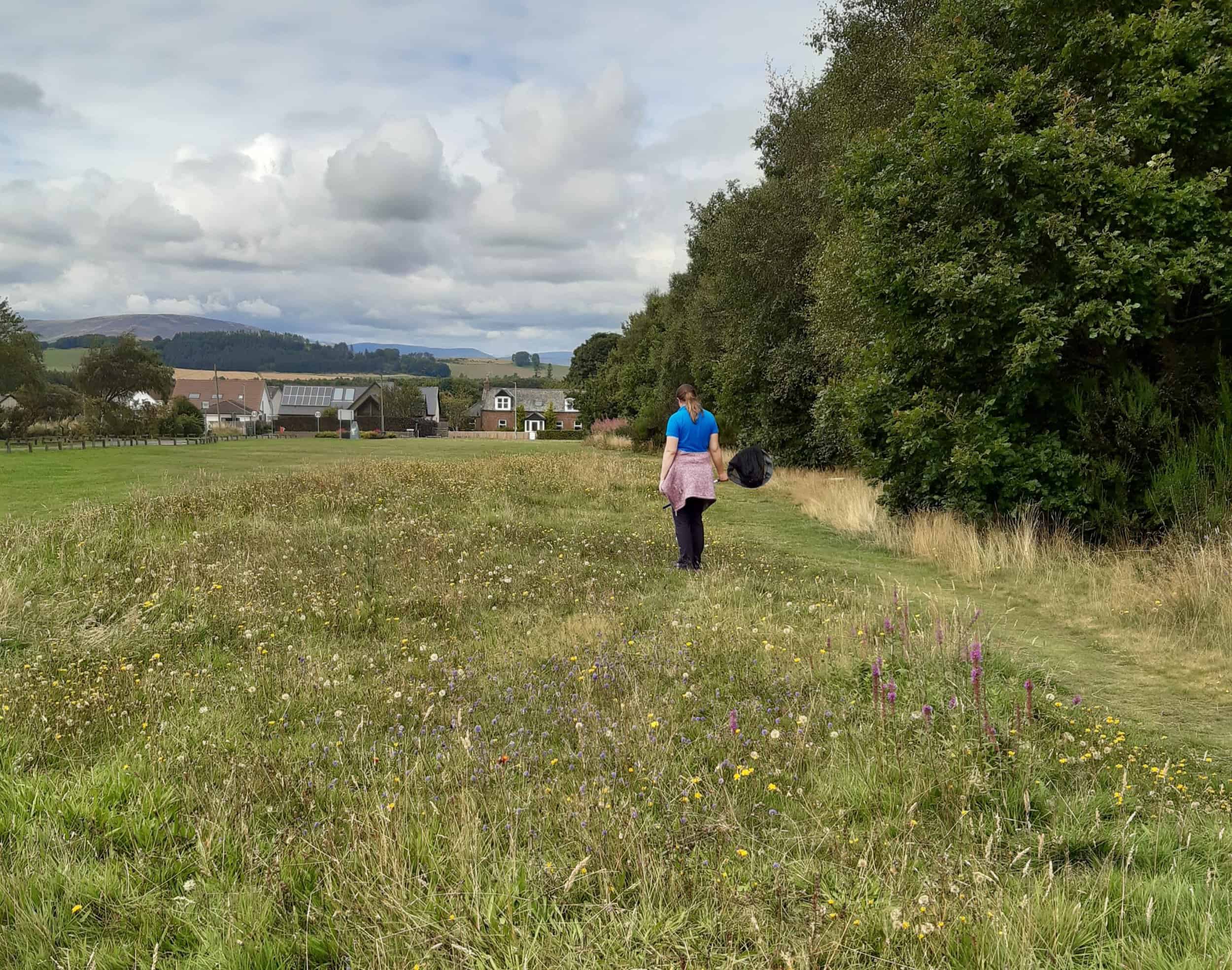
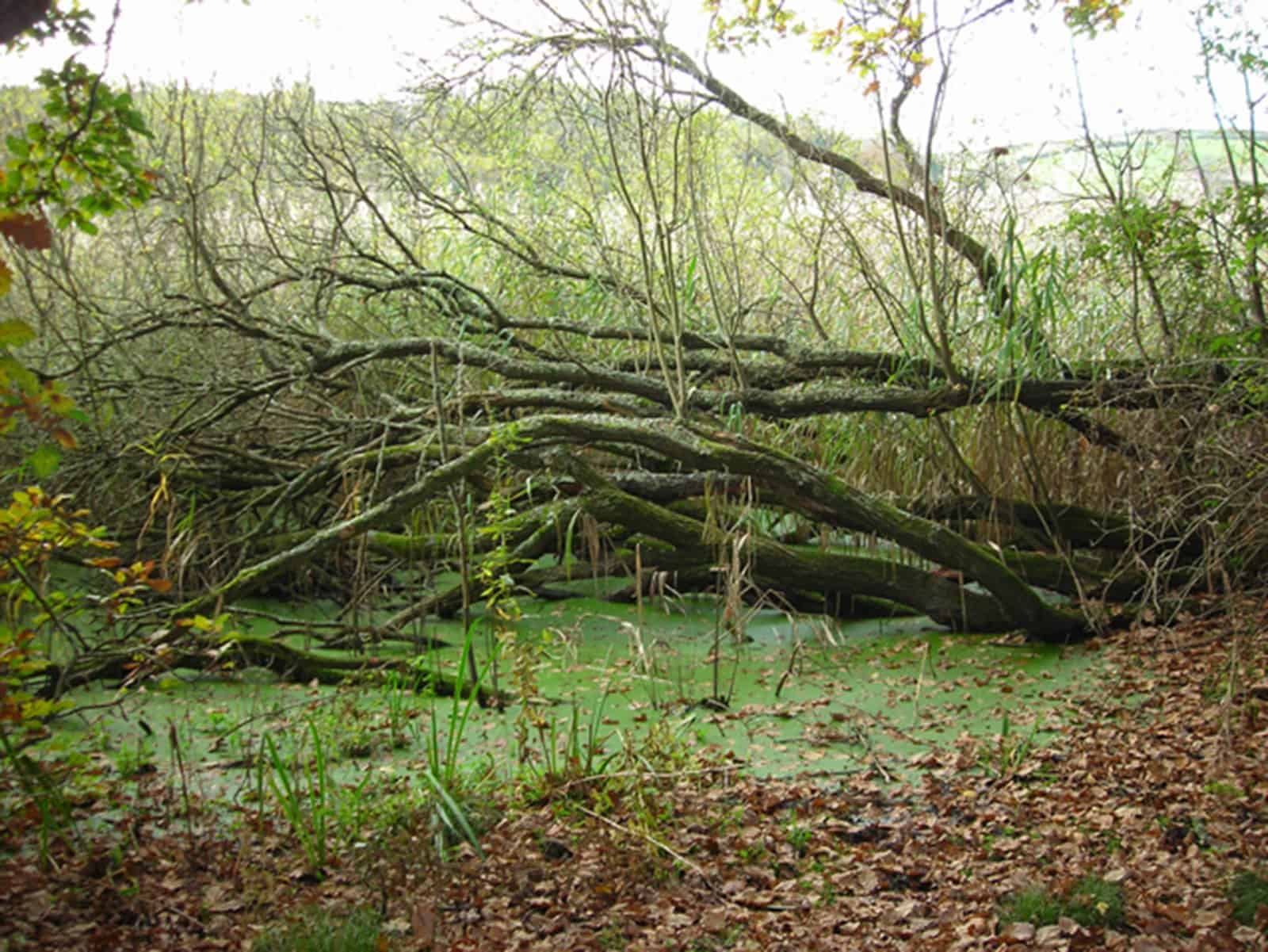
Read More
This intermediate course is designed to enable both professionals and amateurs to assess habitats in the winter through the use of plant and habitat identification. The assessment of vegetation type and condition in the winter is equally as important as in the summer and can provide indicators of species diversity. There will be an element of botanical identification, especially of plants in their vegetative state, and also some important bryophytes. You will spend plenty of time in the field putting your newfound knowledge into practice. There will also be opportunities to use a range of computer programmes to investigate vegetation data, and opportunities to explore vegetative keys.
By the end of the course, you will be able to:
- Describe the ecology of habitats
- Identify some important plant families and characteristic species
- Confidently use an identification key
- Use species to arrive at an assessment of habitat type (NVC, Section 41 etc) and condition.
- Share this knowledge with friends, family and fellow volunteers.
Who Should Attend? – Students, Rangers, Early career consultants, ecologists and botanists.
Knowledge Level – Intermediate. Level descriptors can be found on the following webpage: Natural History Framework and Course Level Descriptors
Prior Knowledge – Knowledge and understanding of botanical identification and surveys would be beneficial for this course.
PLEASE NOTE: There is no accommodation or meal facilities provided with this course. Refreshments (tea and coffee) will be available. If we are unable to reach viable numbers for this course, we will inform you of the course cancellation 4-5 weeks prior to the course run. We would recommend when purchasing accommodation and/or travel you should take out your own insurance.
Bookings will close if course capacity is reached.
Please email [email protected] if you have any questions.
About the Tutor
Philip Wilson
Philip Wilson has been a freelance vegetation scientist, studying Britain’s plants and vegetation, since 1991. His PhD focused on the ecology and conservation of the arable flora and he worked with Plantlife for several years on some of our rarest plants. He also manages a small farm in East Devon, but enjoys travelling around the country.
Example Timetable
Please arrive in time for the course to start promptly at 10:00am.
There will be a one-hour lunch break during the day. Lunch is not included so please bring your own food. Refreshments (tea and coffee) will be provided.
The course will finish at 17:00pm.
What's Included
The course has been carefully created by expert tutors and educators to help you continue to build and develop your knowledge and apply it within the field surrounded by like-minded individuals.
The course includes:
- Classroom learning covering the theory of the species
- Field excursions to apply new knowledge (transport to field sites is provided)
- Expert tuition for which the Field Studies Council is renowned
- Clear objectives and progression
- Refreshments (tea and coffee)
You can rest assured that the absolute best content from an expert in environmental education will be provided. In choosing a Field Studies Council course, you will be joining thousands of people who learn with us each year.
Bursaries and Subsidies
Student Discount
This course is eligible for a student discount. If you are a current student, please use discount code BioStudent20 at checkout for 20% off all Biodiversity courses.
Nature Studies Subsidy for Young People
18-25 year olds can significantly reduce the cost of biodiversity training courses with this subsidy. Eligible applicants can choose from our diverse range of training, with over 100 courses available throughout 2023 and 2024. Find out more and apply.
Before You Attend
What to bring:
- Notebook and pencil
- Please bring your own refreshments & pack lunch
- Sensible footwear and clothing for being outdoors
- Hand lens (if you have one)
- Favourite identification guides
There will be a member of staff with first aid training and access to a first aid kit on site. If you have special medical or access requirements, please let us know as soon as possible so we can plan the course.
Opportunities to attend this course
-
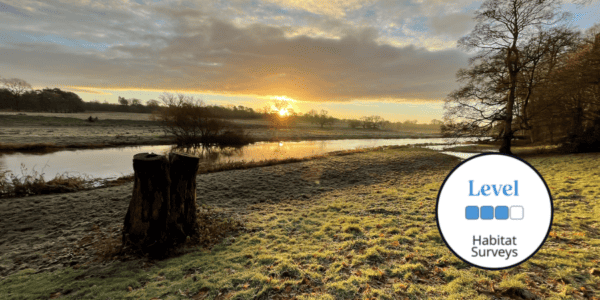
Sat 23, November 2024 10:00 - Sun 24, November 2024 17:00
If you would like to book accommodation and meals at Nettlecombe Court, please email [email protected]. Please note the centre may not be able to guarantee accommodation and meals during this course.
No current dates for this course? Click here to view all the upcoming Natural History courses.
Progress Your Learning
This is a training course from the Field Studies Council, delivered by expert tutors with an approachable learning style. After attending this course, you may like to progress your learning with further relevant courses or branch out into other areas of natural history. The Field Studies Council offers both online and in person courses, so you can choose the learning style that suits you best. The course gives you the opportunity to immerse yourself in a new subject and acquire novel skills. Our online portal gives you time to study at your own pace and fit the lessons around your own schedule.
If you have any questions about our courses please check out our Frequently Asked Questions or email [email protected].
Group Bookings Made Easy
If you have a group of 10 or more individuals wanting to complete one of our courses, our team are available to discuss your options – from discounts to private team courses. Find out more!
You can rest assured that the absolute best content from an expert in environmental education will be at your fingertips. In choosing a Field Studies Council course, you will be joining thousands of people who learn with us each year.

